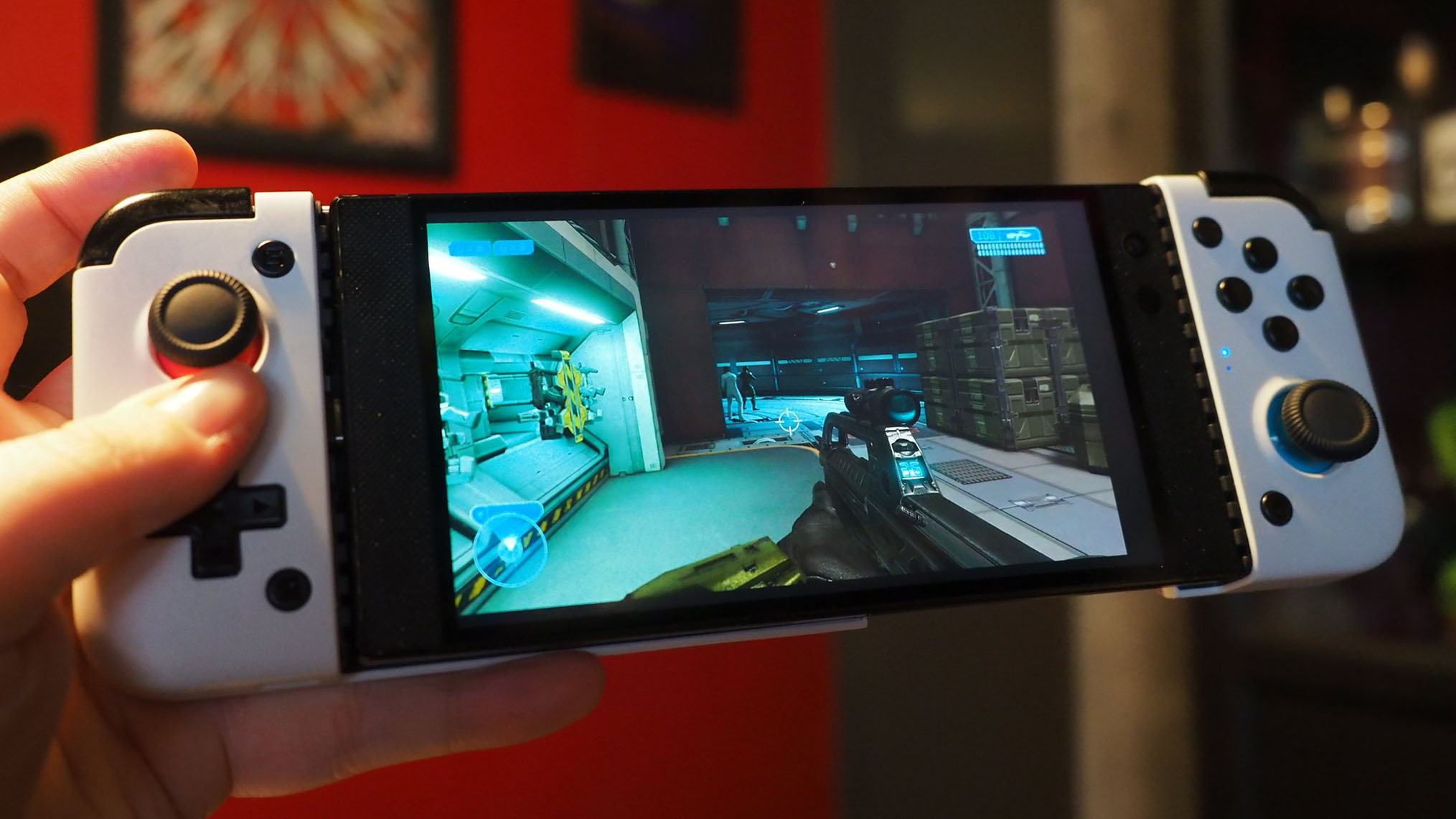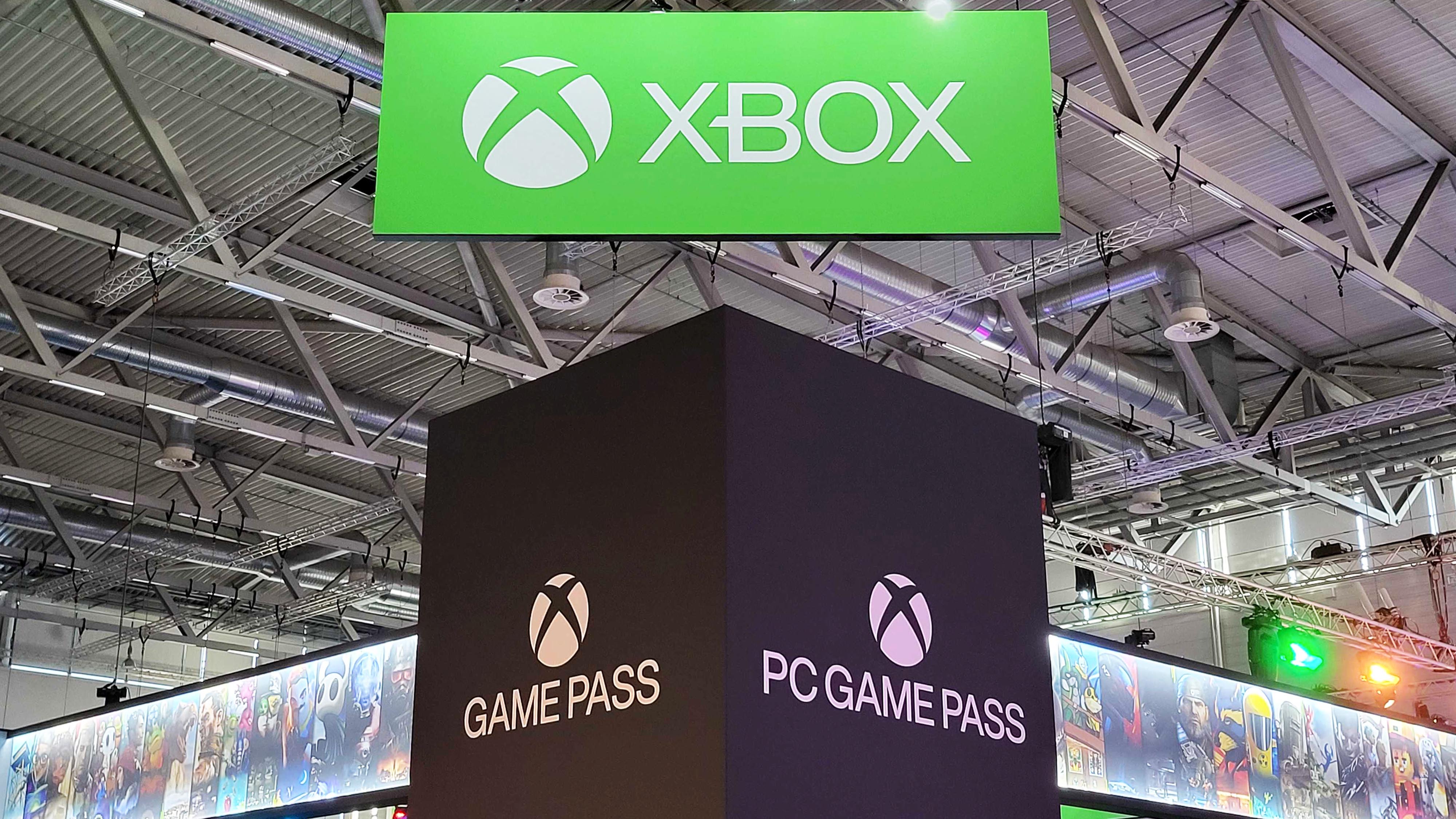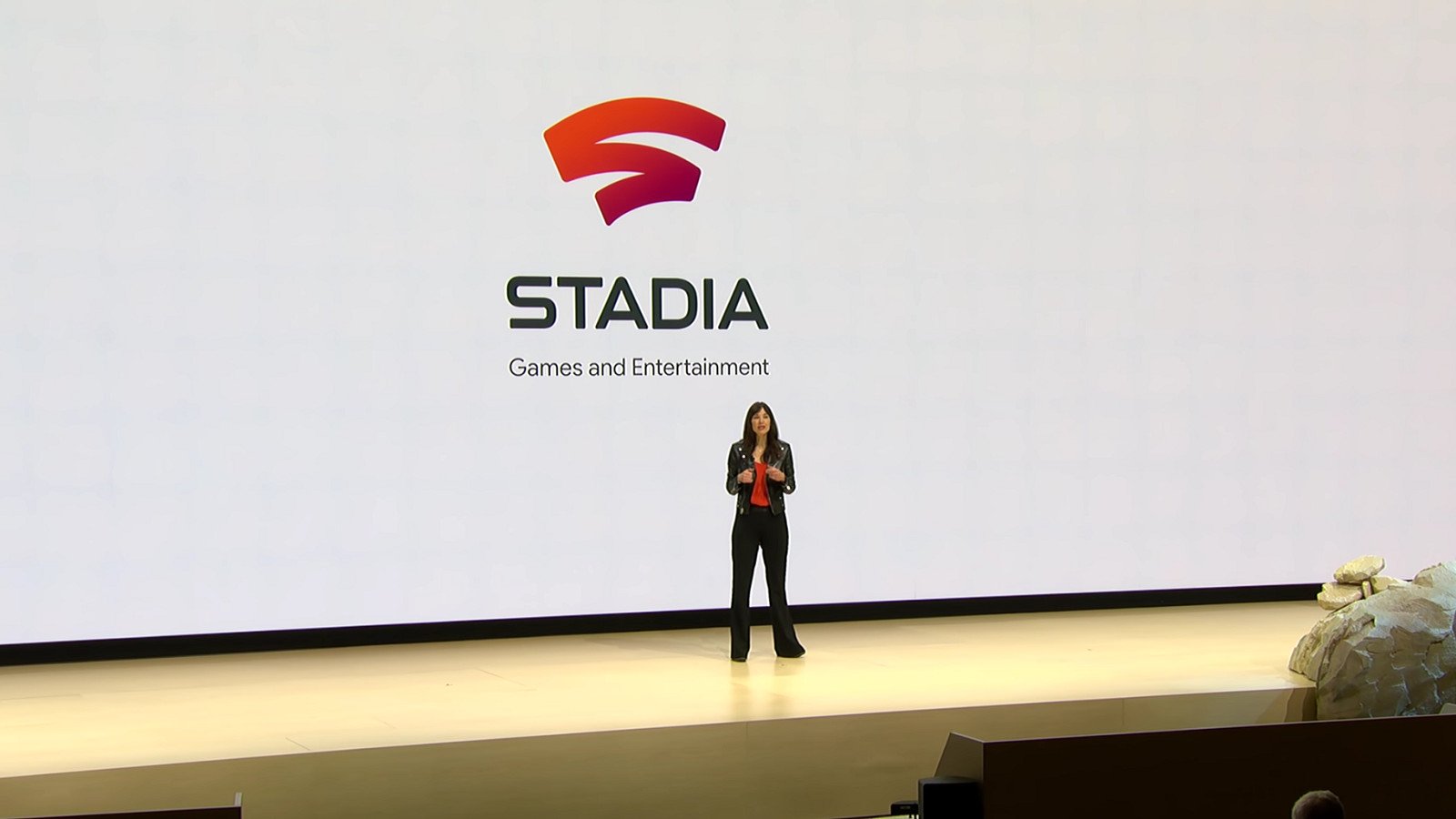Challenged by Xbox Game Pass, Google Stadia's demise was inevitable
Another dead Google product.

All the latest news, reviews, and guides for Windows and Xbox diehards.
You are now subscribed
Your newsletter sign-up was successful
Haven't you heard? Google Stadia is dead. In news that will likely shock very few of you, Google has killed its nascent game streaming service, a short while after killing practically all of its in-house content creation for the platform previously.
Despite Google's claims to the contrary, it was probably an easy decision for the firm to off its rarely-used streaming service. With markets as volatile as they are, many larger tech corporations are exploring ways to cut costs, freeze hiring, and ultimately save money. Google Stadia was likely the lowest rung on the ladder to that end, and will free up precious silicon for usage in some of Google's healthier server-based businesses, like YouTube or Google Play.
As much as I enjoy the schadenfreude of seeing Google fail (my pettiness over them blocking YouTube for Windows Phone will never end), it is a shame for the engineers and creatives who made Stadia a great product overall. And it truly was a great product. For years, it boasted far superior latency and responsiveness when compared to Microsoft's own Xbox Cloud Gaming, although the gap has shrunk in recent years.
Stadia was doomed to fail from the outset, though, and I think pretty much anyone paying attention might have known it. Google wasn't serious enough about content acquisition, and its insistence on Linux versions of games effectively alienated themselves from the bulk of modern game development. And they didn't have an in-house Windows translation layer like Steam Deck's Proton to fall back on, although there have been some vague rumors that Stadia was working towards something like that. Either way, it seems to have come too late for the service.
With Stadia exiting stage left, the landscape for this shiny new gaming industry has shifted a bit. The only major players in the space are Xbox Cloud Gaming and NVIDIA GeForce Now, with Amazon Luna lurking in the distance.
A good thing for Xbox Cloud Gaming?
It's often frustrating that Microsoft doesn't publicly offer direct numbers on the usage of many of its services, but they have offered hints that its Xbox Game Pass Ultimate cloud service is doing pretty well. Earlier this year, the firm committed to bringing games you own into the cloud service beyond the rotating Netflix-like library it offers now. They also confirmed its intent to build a Stadia-like streaming console that you can plug straight into your TV, called Xbox "Keystone." Microsoft also announced its intent to more than double Xbox Cloud Gaming's server capacity to "meet demand." If Xbox's cloud platform wasn't doing so well, I doubt they'd be making those kinds of investments.
And indeed, speaking of investments, the mammoth Activision-Blizzard deal is almost entirely about investing in content. Games like Diablo IV will be truly massive on Xbox Cloud Gaming, with latency benefitting from the isometric game design, offering a true Diablo experience on mobile devices that are plagued with pay-to-win clones (like Blizzard's own RPG-meets-casino Diablo Immortal).
All the latest news, reviews, and guides for Windows and Xbox diehards.
Stadia VP Phil Harrison reportedly blamed Xbox's acquisition of Bethesda for Google's ambivalence towards building in-house content, realizing that content acquisition will actually, you know, cost money at some point. "Built it, and they will come" isn't enough in gaming, and Google has sorely learned that the hard way.
Still, Stadia did have some passionate fans, and for its flaws, cloud gaming does have some great use cases for those times you're not able to use the TV, for whatever reason. Many of those users will now be taking all of their Stadia refund money and perhaps considering an investment in Xbox Game Pass Ultimate instead, which is slated to get a Family Plan in the near term, and mountains of upcoming Xbox exclusive games in the long term. But could the death of Stadia bring with it some regulatory complexities for Microsoft?
A bad thing for Xbox Cloud Gaming?
United States President Joe Biden has been on a tweet spree recently signalling intent to boost competition in the U.S. market. There's no hint at any specific companies being targeted, but the FTC intervened recently to block Facebook from acquiring a VR fitness company, in a move that was seen as quite rare among some legal experts.
There's a school of thought that this action revolves around the relative nascence of the VR space. In the early days of social media, Facebook was allowed to snap up WhatsApp, Instagram, and other platforms essentially transforming itself into the sole arbiter of social content on the web. Facebook has been blamed for disseminating fake news and disinformation campaigns from hostile governments, leading to various legal challenges over the years. Amazon and Google both have been the targets of criticism, over how they've exploited their dominance in retail and search to stifle competitors.
Microsoft hasn't been the subject of major regulatory investigations since the browser wars of the late 90s. However, is there a possibility that the death of Stadia could be seen by regulators as decreased competition in a space Microsoft is essentially now poised to dominate?
For decades, we've seen less competition and more concentration in our economy.That's why I signed an Executive Order committing the government to full enforcement of our antitrust laws.No more tolerance for abusive monopolies.September 26, 2022
The UK competitions regulator recently signalled its intent to more closely scrutinize the Activision-Blizzard deal for Microsoft, which is slated to be valued around $70 billion dollars. Sony's PlayStation has decried the deal, saying that giving Microsoft sole control over mega franchises like Call of Duty will hurt its market position. Microsoft typically responds by noting how much smaller it is than PlayStation and Tencent both, even after the Activision-Blizzard deal, while emphasizing its intent to keep Call of Duty on PlayStation. Still, Sony's own cloud streaming service is a mere footnote in a space increasingly dominated by Xbox and NVIDIA's GeForce Now.
It's still early days for the cloud streaming space, but one thing is clear: it was the lack of content that killed off Google Stadia. Could its demise be weaponized by Sony, or even NVIDIA? Could they use Stadia as an example over how Microsoft's content exclusivity may harm their own streaming services? I certainly think the slow death of Stadia could become a factor in future regulatory discussions.
The future is cloudy
The long-term viability of cloud streaming as an alternative to native mobile or native console gaming remains uncertain. Whether its latency issues or ergonomics, basic costs, or competing handheld devices like the Nintendo Switch or Valve Steam Deck, it's certainly interesting watching the twists and turns in this very young industry.
Facebook's aggressive pursuit of its metaverse white whale is already under the regulatory microscope, but Facebook arguably falls under Joe Biden's very vague "abusive monopoly" reference. I would argue that 2022's Microsoft is far from anything that could be described as abusive. Regardless, the death of Google Stadia may shine a spotlight into the role content control plays in the health and competitiveness of different platforms.
Microsoft has always said its goal is to bring games like Call of Duty to more platforms, not less, however. And we may get to see that commitment tested in a world where Xbox Cloud Gaming is the only major player left in this very niche, but incredibly promising space.

Jez Corden is the Executive Editor at Windows Central, focusing primarily on all things Xbox and gaming. Jez is known for breaking exclusive news and analysis as relates to the Microsoft ecosystem — while being powered by tea. Follow on X.com/JezCorden and tune in to the XB2 Podcast, all about, you guessed it, Xbox!



